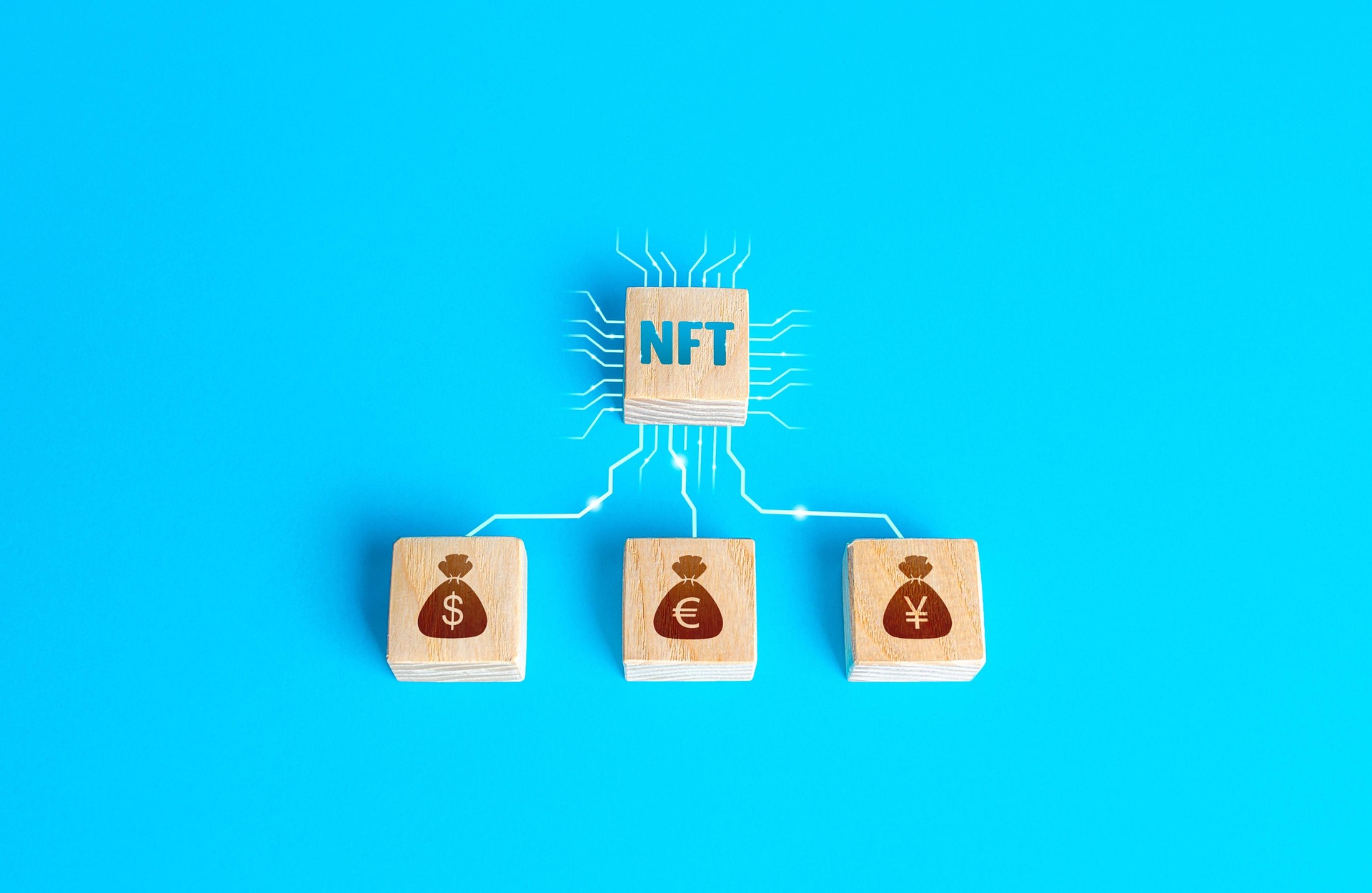Virtual Real Estate: The New Frontier of Digital Property Ownership
In a world where digital assets are gaining unprecedented value, virtual real estate has emerged as a groundbreaking investment opportunity. This innovative concept blends the traditional principles of property ownership with the limitless potential of digital landscapes, creating a new paradigm for investors and tech enthusiasts alike. As the lines between physical and digital realities continue to blur, understanding the dynamics of virtual real estate becomes crucial for forward-thinking individuals looking to diversify their portfolios.

Understanding the Virtual Real Estate Ecosystem
At its core, virtual real estate operates on principles similar to physical property markets. Digital land parcels, buildings, and other assets exist within virtual worlds or metaverses. These digital spaces can be bought, sold, developed, and rented, creating a vibrant ecosystem of transactions and investments. The value of virtual real estate is often determined by factors such as location, scarcity, and potential for development or monetization within the platform.
The Technological Backbone: Blockchain and NFTs
The rise of blockchain technology and non-fungible tokens (NFTs) has been instrumental in legitimizing virtual real estate. Blockchain provides a secure, transparent ledger for recording ownership and transactions, while NFTs enable the creation of unique, verifiable digital assets. This technological foundation has addressed previous concerns about ownership rights and asset authenticity in virtual spaces, making virtual real estate a more attractive and viable investment option.
Market Dynamics and Investment Potential
The virtual real estate market has seen explosive growth in recent years. According to recent data, sales of virtual land parcels have reached hundreds of millions of dollars, with some prime digital properties fetching prices comparable to physical real estate in major cities. This surge in value has attracted both individual investors and institutional players, leading to increased liquidity and market depth.
Developing and Monetizing Virtual Properties
One of the most exciting aspects of virtual real estate is the potential for development and monetization. Owners can build virtual structures, host events, or create interactive experiences within their digital properties. Some platforms allow for the integration of e-commerce, advertising, or paid experiences, providing multiple revenue streams for savvy virtual landlords. This flexibility in usage and income generation sets virtual real estate apart from many traditional investment vehicles.
Challenges and Considerations for Investors
While the potential of virtual real estate is immense, it comes with its own set of challenges. The market is still relatively new and can be highly volatile. The value of virtual properties is closely tied to the popularity and longevity of the platforms they exist on, introducing a level of platform risk. Additionally, regulatory frameworks for digital assets are still evolving, which could impact future ownership rights and taxation.
The Future Landscape of Virtual Real Estate
As technology continues to advance, the possibilities for virtual real estate expand. The integration of virtual and augmented reality technologies promises to make digital spaces more immersive and valuable. Furthermore, the concept of interoperability between different virtual worlds could create a vast, interconnected digital real estate market, potentially revolutionizing how we perceive and interact with digital spaces.
A New Dimension of Property Ownership
Virtual real estate represents a fascinating convergence of technology, finance, and creativity. As the digital and physical worlds continue to merge, the opportunity to own and develop virtual properties offers a unique avenue for investment and innovation. While it comes with its own set of risks and challenges, virtual real estate has the potential to reshape our understanding of property ownership and value creation in the digital age. For those willing to navigate this new frontier, the rewards could be substantial, both in terms of financial returns and the ability to shape the future of digital experiences.






